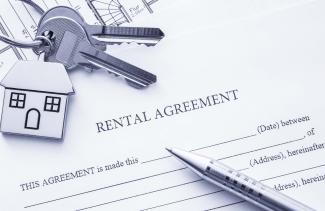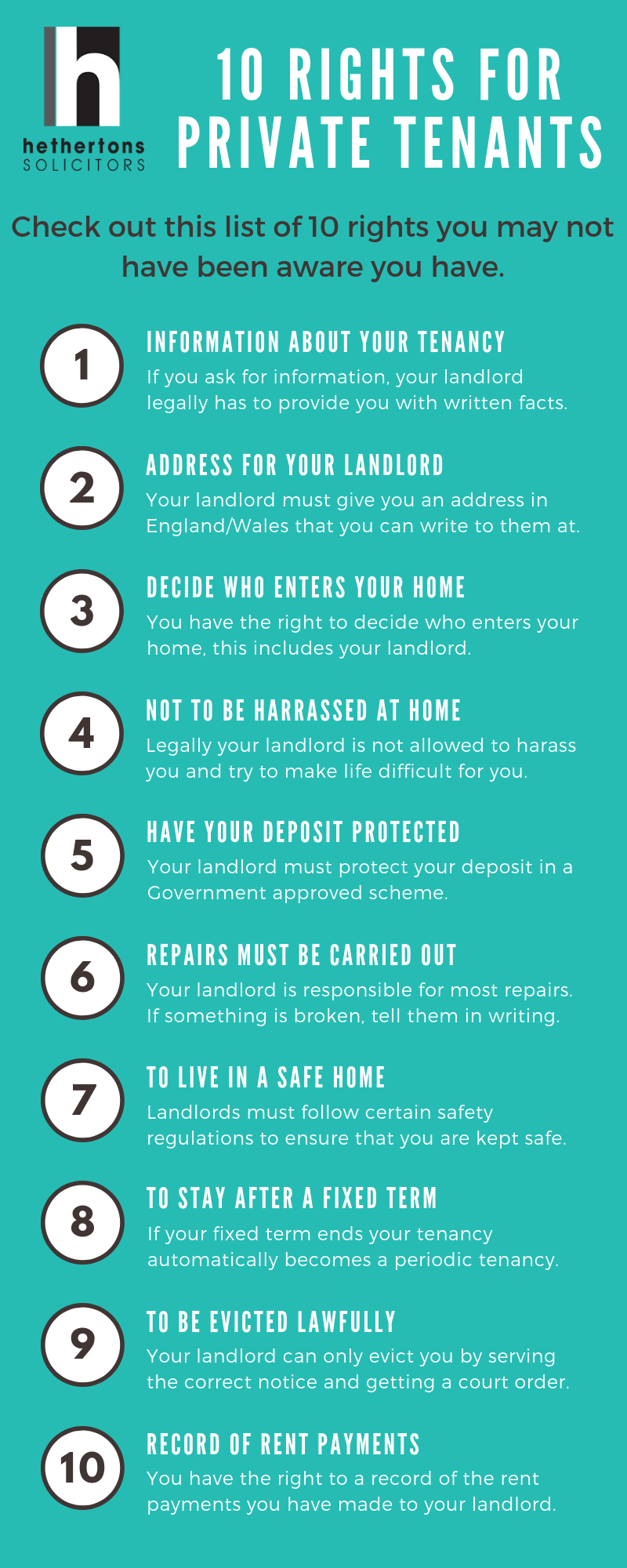Repairs and maintenance
Understanding Your Rights as a Tenant

Understanding Your Rights as a Tenant
As a tenant, it’s crucial to be well-informed about your rights to ensure a fair and secure rental experience. Here’s a comprehensive guide that delves into various aspects of tenant rights, shedding light on key considerations.
Lease Agreement Basics
The foundation of your tenancy lies in the lease agreement. This legal document outlines the terms and conditions of your stay. It’s essential to thoroughly review and understand every detail before signing. Pay close attention to clauses regarding rent, maintenance responsibilities, and any limitations imposed by the landlord.
Rent Payment Rights
Your lease agreement will specify the due date and the amount of rent you’re obligated to pay. Tenant rights typically protect you from arbitrary rent increases during the lease term. If such changes are proposed, they often require sufficient notice, allowing you to plan accordingly. It’s crucial to understand your rights to avoid any potential disputes.
Repairs and Maintenance
One of the fundamental rights as a tenant is the right to a habitable living space. This implies that your landlord is responsible for ensuring the property is in good repair. In case of maintenance issues, promptly inform your landlord, preferably in writing, to document the request. If the landlord fails to address the problem, you may have legal recourse to demand repairs.
Privacy Rights
Tenants have a right to privacy within their rented space. Landlords should provide notice before entering the property for non-emergency reasons, allowing you sufficient time to prepare. Understanding these rights helps maintain a respectful and comfortable living environment.
Eviction Protections
Tenant rights extend to protection against unjust eviction. In most jurisdictions, landlords must have valid reasons, such as non-payment of rent or violation of lease terms, to initiate eviction proceedings. It’s essential to be aware of your rights in the event of an eviction notice and to seek legal advice if needed.
Security Deposit Guidelines
Landlords often require a security deposit to cover potential damages or unpaid rent. Tenant rights include a transparent process for handling and refunding this deposit. Make sure to document the property’s condition upon move-in and communicate any concerns to your landlord to avoid disputes during the deposit return process.
Discrimination Protections
Tenant rights also encompass protection against discrimination. Landlords cannot deny housing based on factors such as race, gender, religion, or disability. Familiarize yourself with anti-discrimination laws in your area to ensure you can recognize and address any potential violations.
Lease Renewal Terms
Understanding lease renewal terms is crucial for a smooth transition between rental periods. Some leases may include automatic renewal clauses, while others require explicit agreement from both parties. Be aware of the renewal process outlined in your lease to avoid any misunderstandings.
Resources for Tenant Advocacy
Empower yourself by exploring resources that advocate for tenant rights. Many organizations provide valuable information and support for tenants facing legal challenges or seeking advice. Familiarize yourself with these resources to access assistance when needed.
Conclusion
Being aware of your tenant rights is the first step
Tenant’s Entitlements: Understanding Renter’s Rights

Tenant’s Entitlements: Understanding Renter’s Rights
Renters have rights that protect them in various aspects of the landlord-tenant relationship. Understanding these rights is crucial for tenants to ensure a fair and lawful living arrangement. In this article, we explore the key aspects of renter’s rights, providing insights into the legal protections tenants can expect.
Right to Habitable Living Conditions: Ensuring a Safe Home
One fundamental right tenants possess is the right to habitable living conditions. Landlords are obligated to maintain a property that is safe, sanitary, and fit for human habitation. This includes ensuring the property meets building and housing codes, addressing any health hazards promptly, and providing essential utilities.
Right to Privacy: Balancing Landlord Access
Tenants have the right to privacy within their rented property. While landlords may need access for maintenance or inspections, they must adhere to the law and respect the tenant’s privacy. Understanding the terms outlined in the lease agreement, especially the entry and access clause, helps strike a balance between privacy and necessary landlord access.
Right to Repairs and Maintenance: Timely Property Upkeep
Tenants have the right to request repairs and maintenance for issues that affect habitability. Landlords are generally responsible for ensuring the property remains in good condition. This includes addressing structural issues, plumbing and electrical problems, and other essential repairs promptly. Tenants should report issues promptly to ensure timely resolution.
Right to Fair Housing: Protection Against Discrimination
The right to fair housing ensures that tenants are protected against discrimination based on race, color, religion, sex, national origin, disability, or familial status. Landlords cannot deny housing, set different terms, or provide different services based on these protected characteristics. Understanding fair housing laws empowers tenants to recognize and address any discriminatory practices.
Right to Security Deposit Return: Transparent Refunds
Upon the termination of the lease, tenants have the right to the return of their security deposit, minus any allowable deductions. Landlords should provide an itemized list of deductions, typically for unpaid rent or damages beyond normal wear and tear. Understanding the security deposit clause in the lease agreement is essential for tenants to know their rights in this regard.
Right to Non-Retaliation: Freedom from Retribution
Tenants have the right to live without fear of retaliation from landlords. This means landlords cannot retaliate against tenants who exercise their legal rights, such as reporting code violations or requesting repairs. Understanding the protections against retaliation ensures tenants feel secure in asserting their rights without fear of negative consequences.
Right to Lease Renewal: Ensuring Fair Treatment
In many jurisdictions, tenants have the right to lease renewal under certain conditions. Landlords cannot arbitrarily refuse to renew a lease without valid reasons, and tenants have the right to know the criteria for lease renewal. Understanding lease renewal rights provides tenants with clarity and helps ensure fair treatment.
Right to Notice for Eviction: Legal Procedures
Tenants have the right to receive proper notice before eviction. The eviction process must follow legal procedures, including providing written notice and allowing tenants the opportunity to address
Balancing Act: Understanding Tenant Privacy Rights

Balancing Act: Understanding Tenant Privacy Rights
Tenant privacy is a fundamental aspect of the landlord-tenant relationship, governed by legal principles designed to safeguard tenants’ rights. This article explores the importance of tenant privacy rights, the legal framework that protects them, and the responsibilities of both landlords and tenants in maintaining this delicate balance.
Foundations of Tenant Privacy Rights
Tenant privacy rights are rooted in the right to quiet enjoyment, a legal concept that guarantees tenants the right to use and enjoy their rented property without interference. This right encompasses not only freedom from unnecessary disturbances but also protection against unwarranted intrusions into personal space.
Landlord Responsibilities and Legal Limitations
Landlords have a duty to respect tenant privacy rights. This includes providing notice before entering the rented premises, typically for repairs or inspections. However, this right is not absolute, and landlords may enter without notice in emergency situations or when there is mutual agreement between both parties.
Notice Requirements for Entry
To maintain a balance between landlord access and tenant privacy, notice requirements are established. Landlords are generally required to provide advance notice before entering a rental property, typically 24 to 48 hours. This notice allows tenants to prepare for the entry and ensures that their privacy is not unduly disrupted.
Handling Repairs and Maintenance
One common scenario where landlord entry occurs is for repairs and maintenance. While landlords have the right to address property issues, they must do so in a way that respects tenant privacy. Providing timely notice and coordinating with tenants to find mutually agreeable times for entry helps strike this balance.
Security Measures and Surveillance
Balancing tenant privacy also involves addressing security measures and surveillance. While landlords have a legitimate interest in ensuring the safety of their property, tenants have a right to live without constant surveillance. Any security measures, such as cameras or access control systems, must be reasonable and respect tenant privacy.
Tenant Responsibilities for Privacy
Tenants also play a role in maintaining their own privacy. Properly securing the property, not causing unnecessary disturbances, and promptly reporting maintenance issues can contribute to a positive landlord-tenant relationship. It’s crucial for tenants to understand their responsibilities in upholding the right to quiet enjoyment.
Legal Protections Against Unlawful Intrusions
Legal protections are in place to guard against unlawful intrusions into tenant privacy. If a landlord violates notice requirements, enters the property without a valid reason, or engages in harassment, tenants have legal recourse. Understanding these protections empowers tenants to assert their rights.
Handling Tenant Information and Data
Tenant privacy extends beyond physical space to include personal information and data. Landlords must handle tenant information responsibly, keeping it confidential and secure. This includes sensitive information such as social security numbers, financial details, and other personal data provided during the leasing process.
Educational Resources for Tenants and Landlords
Educational resources play a crucial role in fostering awareness of tenant privacy rights. Websites like Walenshipnigltd.com offer valuable information, guides, and resources for both tenants and landlords. Accessing these materials empowers individuals
